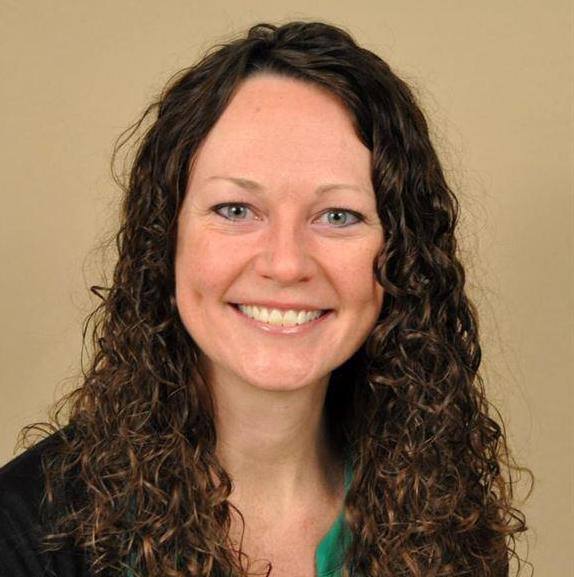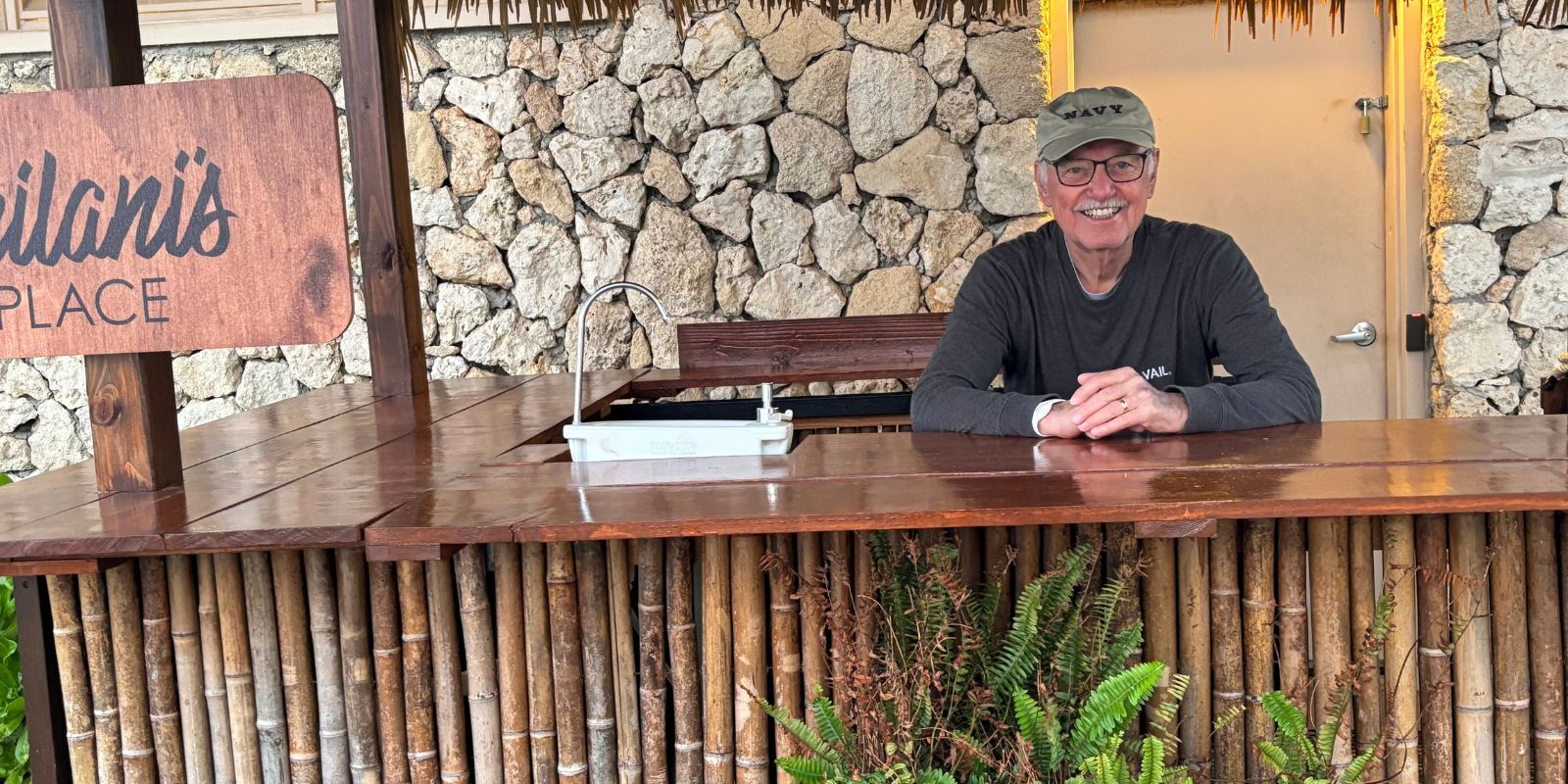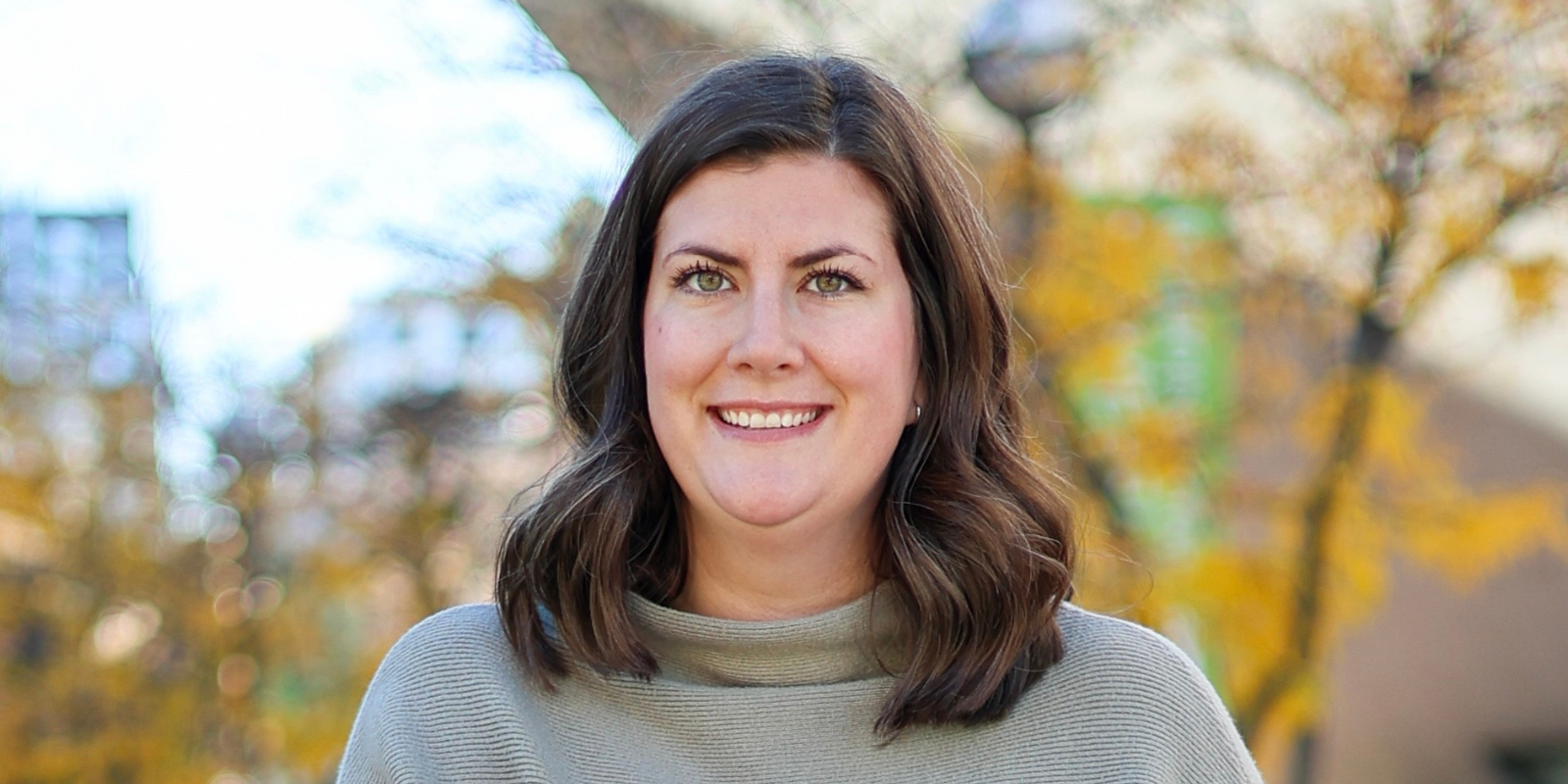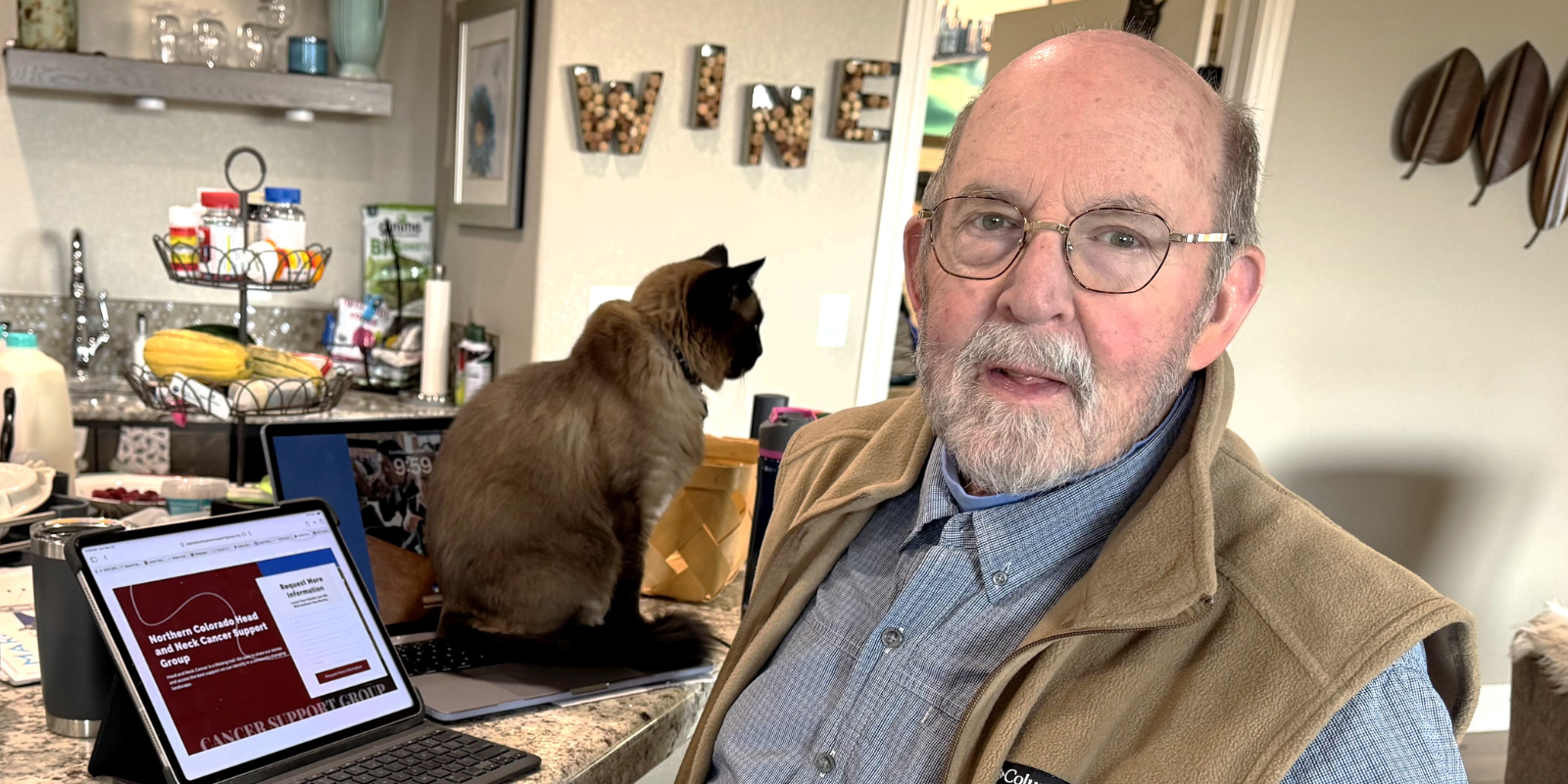By the time Rob Masters was diagnosed with bile duct cancer in 2021, at age 42, he had already lived through what for most people would be a lifetime of medical issues.
At age 12, Masters was diagnosed with inflammatory bowel disease, which caused years of inflammation that led to a diagnosis of and surgery for colon cancer in 2013. In the years that followed, Masters was diagnosed with psoriatic arthritis and psoriasis, and in 2020 he was found to have primary sclerosing cholangitis (PSC), a rare liver condition in which the bile ducts inside and outside of the liver become inflamed and scarred and eventually narrow and become blocked.
On the watch for bile duct cancer
Knowing that PSC is often a precursor to the bile duct cancer known as cholangiocarcinoma, Masters’ doctors at the University of Colorado Anschutz Medical Campus watched him closely over the next 12 months. In 2021, they found a stage 1 cholangiocarcinoma in a bile duct, and Masters underwent surgery to remove the tumor. There were discussions about a liver transplant to prevent future cancer from developing, but Masters didn’t yet qualify.
 Rob Masters and his wife, Heather, on Rob's first trip outside after recovery.
Rob Masters and his wife, Heather, on Rob's first trip outside after recovery.
“After that surgery, they told me a transplant was off the table,” remembers Masters, who lives in Wheat Ridge, Colorado. “So I was being watched closely. Two-and-a-half years went by, and they found more spots, and they decided to enact the Mayo protocol, which was a new protocol where I had to do chemo and radiation for six weeks, then I was on chemo until transplant. By doing the Mayo protocol, I was moved to the top of the transplant list for my blood type. I sat on the transplant list for around 100 days, then I got a transplant and a Whipple procedure done on February 19, 2024.”
‘Superhuman capability’
A liver transplant is tough enough on the body, says University of Colorado Cancer Center member Lindsey Davis, MD, Masters’ medical oncologist, but add to that a Whipple procedure — a surgery that involves removing the head of the pancreas, the first part of the small intestine, the gallbladder, and the bile duct — and the recovery becomes a lot tougher.
“Rob has a superhuman capability and determination to rise above a long life of autoimmune disease and multiple cancers,” Davis says. “The most recent treatment course that he went through was extremely intense. The fact that he went through it all without complaining, with the attitude of, ‘This is what we're doing, this is how it is, and I’m going do it’ is amazing. It's the one-year anniversary of the transplant, and he's living life. He's back to family, he’s back to work, he’s back to life.”
Support system
For Masters, “back to life” means returning to work at the Family Jones, a Denver-based craft distillery he co-founded in 2017. It means spending time with his son, Henrik, who recently turned 10, and continuing to support his wife, Heather, who was undergoing her own battle with breast cancer at the same time Rob was being treated for cholangiocarcinoma.
“She had a double mastectomy in October of 2023, then she was on chemo,” Masters says. “She was doing radiation when I was in the hospital recovering from transplant. She's on endocrine therapy now, so they're trying to control her hormones and make sure the cancer doesn't come back. It's been bit of a journey that we've had to figure out.”
 Rob Masters and his son, Henrik, celebrate the 1-year anniversary of Rob's liver transplant.
Rob Masters and his son, Henrik, celebrate the 1-year anniversary of Rob's liver transplant.
Masters credits the couple’s support system for helping them get through the ordeal.
“We have lots of great family and friends who have been there for us,” he says. “My parents, Heather’s parents, my business partners — we're very fortunate to have a lot of good people in our life to help us get through.”
Paying it forward
Masters says he and Heather now find strength in supporting others on similar cancer journeys. Heather counsels a few friends and family members who have been diagnosed with breast cancer, and Rob has connected with a handful of people who are undergoing liver transplants — including an alumnus of his alma mater, the University of Minnesota.
“It's a text every couple of days, checking in see how he’s doing,” Rob says. “I was talking to him the other day, and he was freaked out because he was getting his staples removed. I told him, ‘It sounds and looks like it's going to hurt, but it just pulls on your skin a little bit. It's not a big deal.’ It’s nice to be able to help somebody out like that. I find a lot of strength and energy in helping others get through similar situations to what I've been through."




